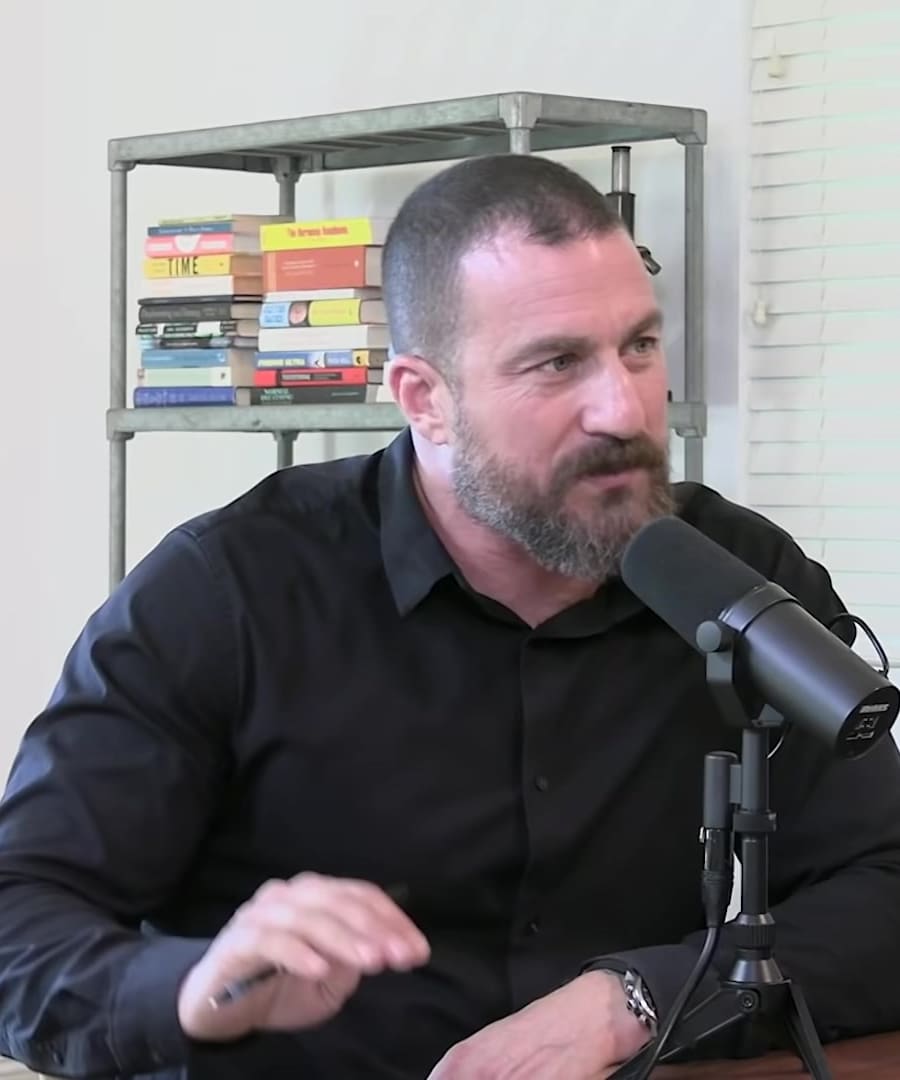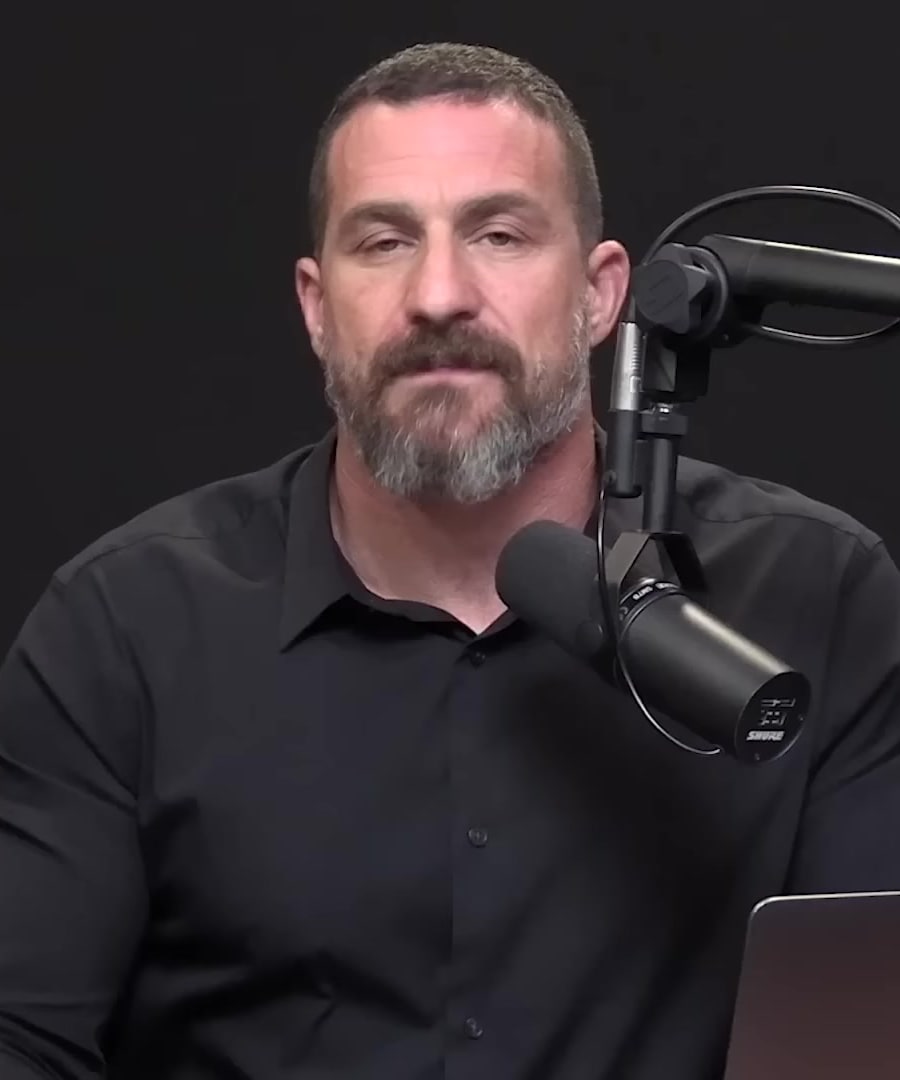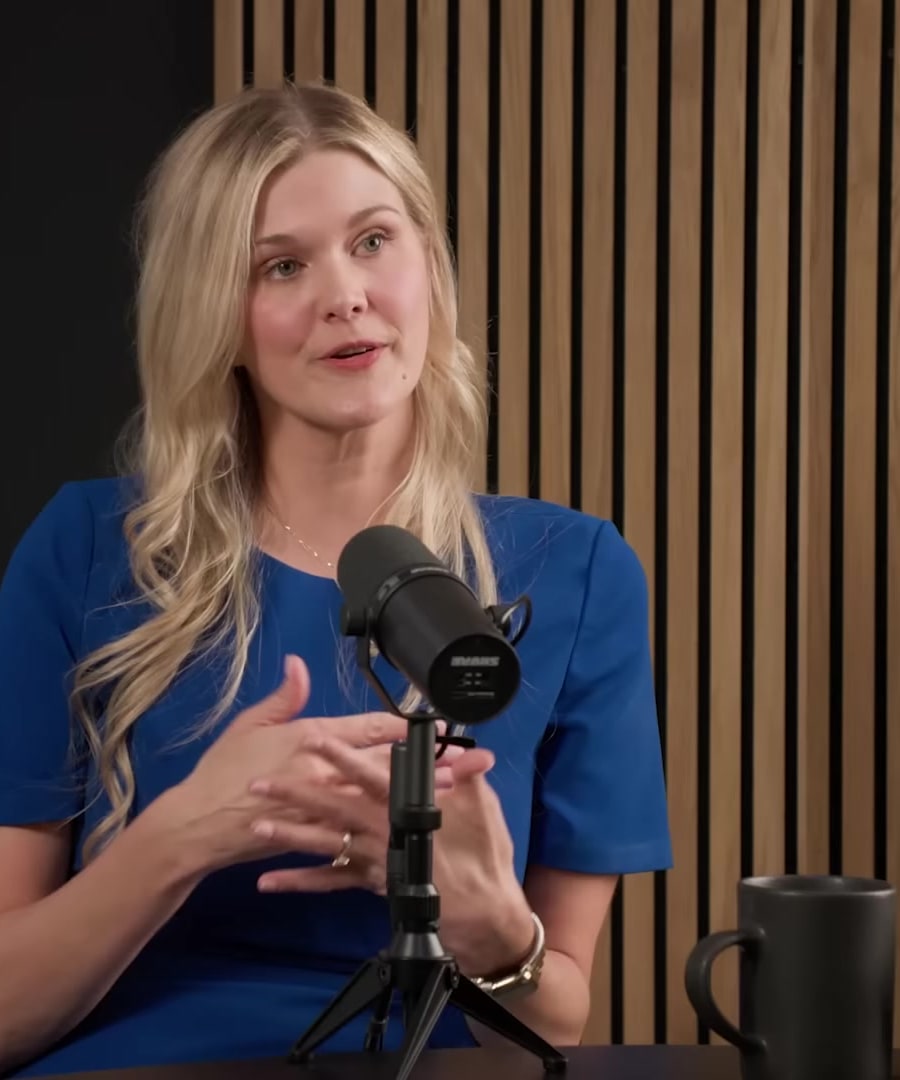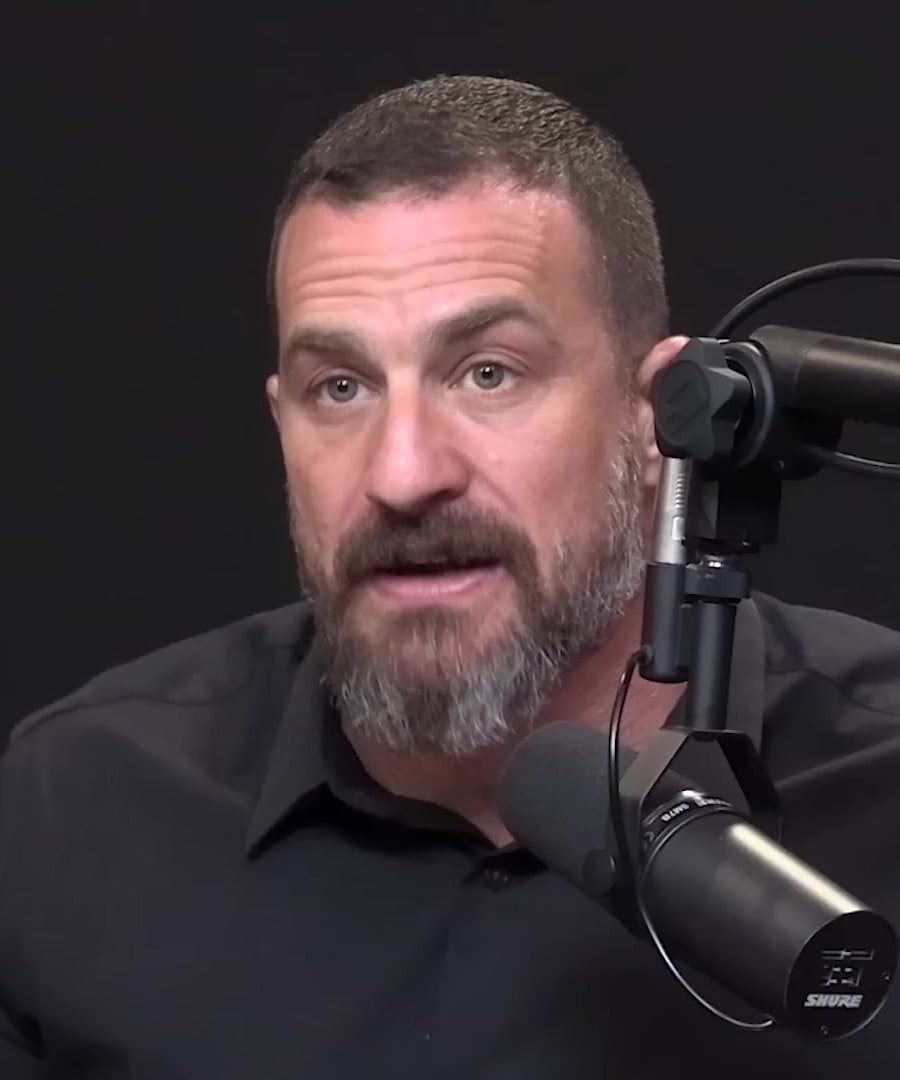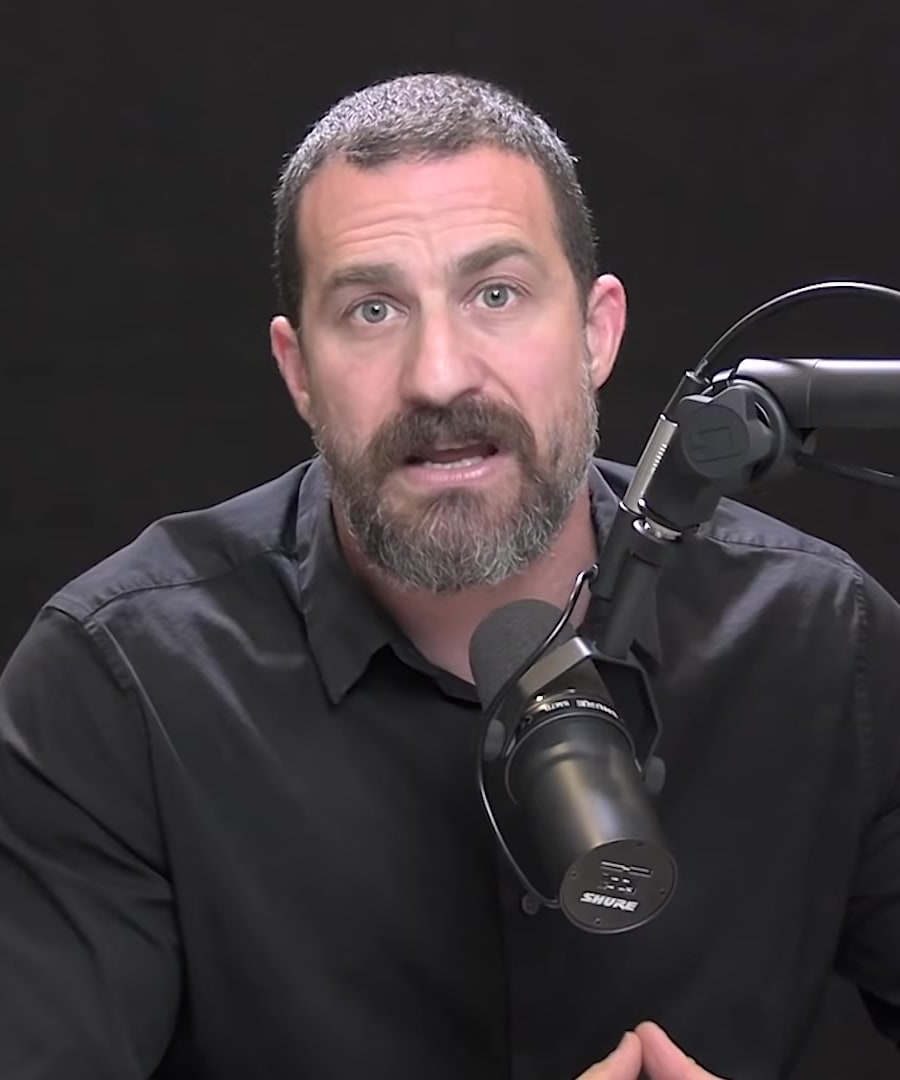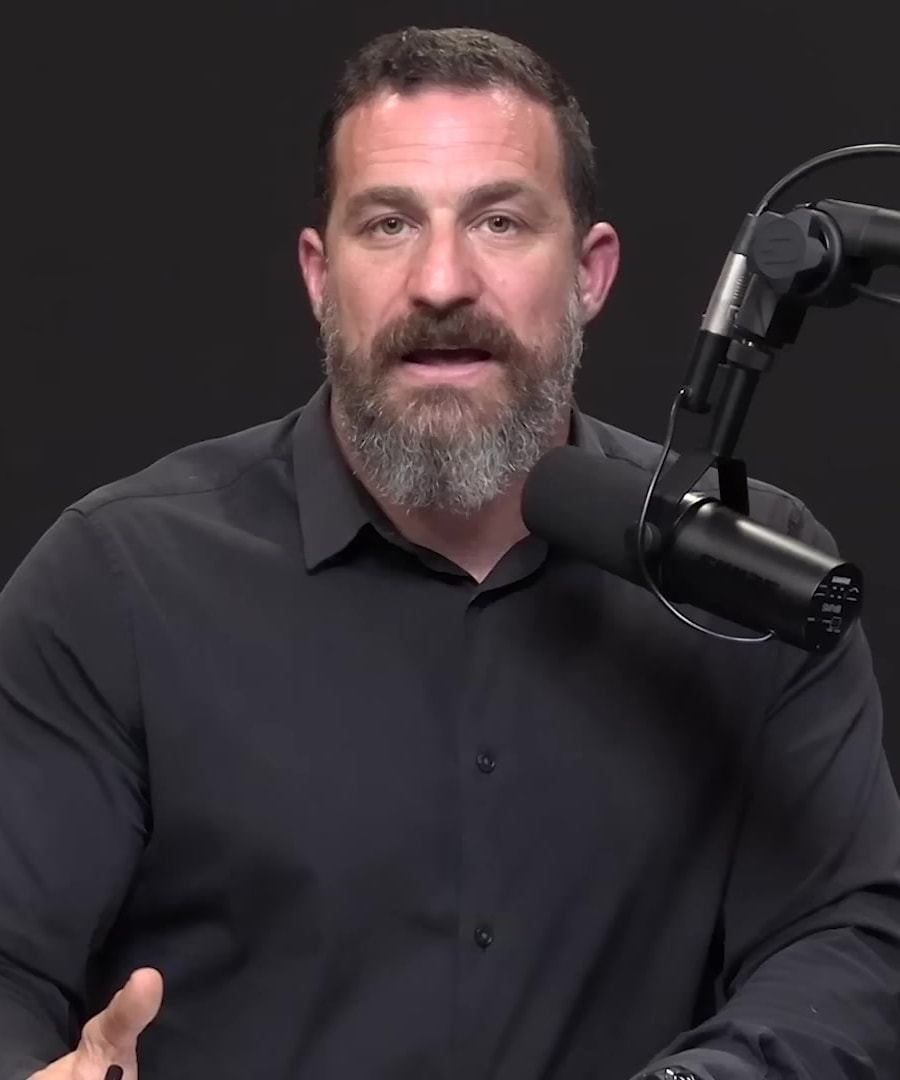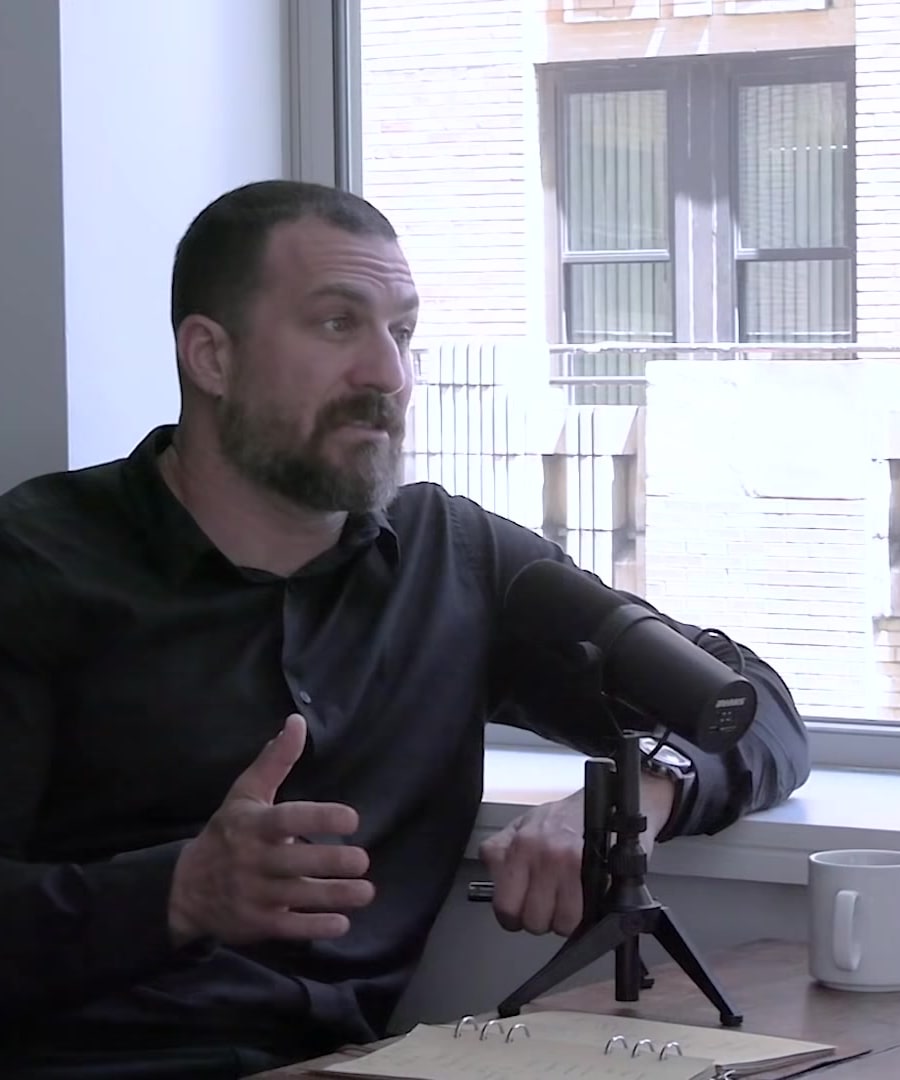What are the most important supplements to take?
Sources:
Important supplements often highlighted by Huberman Lab sources include:
-
Vitamin D: Produced in the skin from sun exposure, crucial for metabolism, immune system, brain function, and hormonal balance, especially important for people with darker skin or limited sun exposure 1.
-
Omega-3 fatty acids: Beneficial for brain and metabolic health, mood improvement, and possibly reducing the need for antidepressants. In particular, 1-3 grams of EPA per day is recommended 2.
-
Prenatal Vitamins: Contain Folic Acid and Omega-3 fatty acids important for reproductive health, fetal brain development, and overall health during pregnancy 3.
-
General Vitamin/Mineral Supplements: May be necessary for those who are highly active, follow intermittent fasting, or otherwise may not get sufficient variety from their diet. Should be taken with food, ideally early in the day 4.
-
Probiotics: For a healthy gut microbiome, which is important for immune system, hormone balance, mood, and brain function 5.
-
Athletic Greens: Mentioned as a comprehensive supplement that includes vitamins, minerals, probiotics, digestive enzymes, and adaptogens, covering many nutritional needs 6.
It's always recommended to mainly focus on obtaining nutrients from whole, minimally processed foods, and to consult with a healthcare professional before starting any supplement regimen. Additionally, lifestyle factors such as sleep, exercise, stress control, and diet are emphasized as prior considerations before relying on supplements for health and longevity 7.
RELATED QUESTIONS-
Are there any fungi worth taking as a supplement?
Sources:
Fungi as supplements, particularly the topic of using psilocybin on a daily basis, were discussed between and his guest. They addressed claims suggesting psilocybin could act as a superior alternative to traditional ADHD medications like Adderall or as an antidepressant akin to Prozac. These substances have been taken with the intention to increase focus or improve mood, not necessarily to correct ADHD but possibly to enhance focus and mood for a more enriched life. However, it's important to note that despite these intentions, no peer-reviewed studies with significant credibility have demonstrated benefits in these areas, and proper double-blind research is necessary to validate such uses. For cognitive improvements, studies involving psilocybin microdosing have not produced compelling evidence of its effectiveness 1.
This conversation focuses on psilocybin, which is a psychoactive compound. Discussion on more commonly consumed non-psychoactive fungal supplements like lion's mane or reishi mushrooms would require retrieval of specific references to those in the context of the Huberman Lab podcast data.
RELATED QUESTIONS
What are the most important supplements to take?
- RELATED QUESTIONS
Are there any fungi worth taking as a supplement?
- RELATED QUESTIONS
